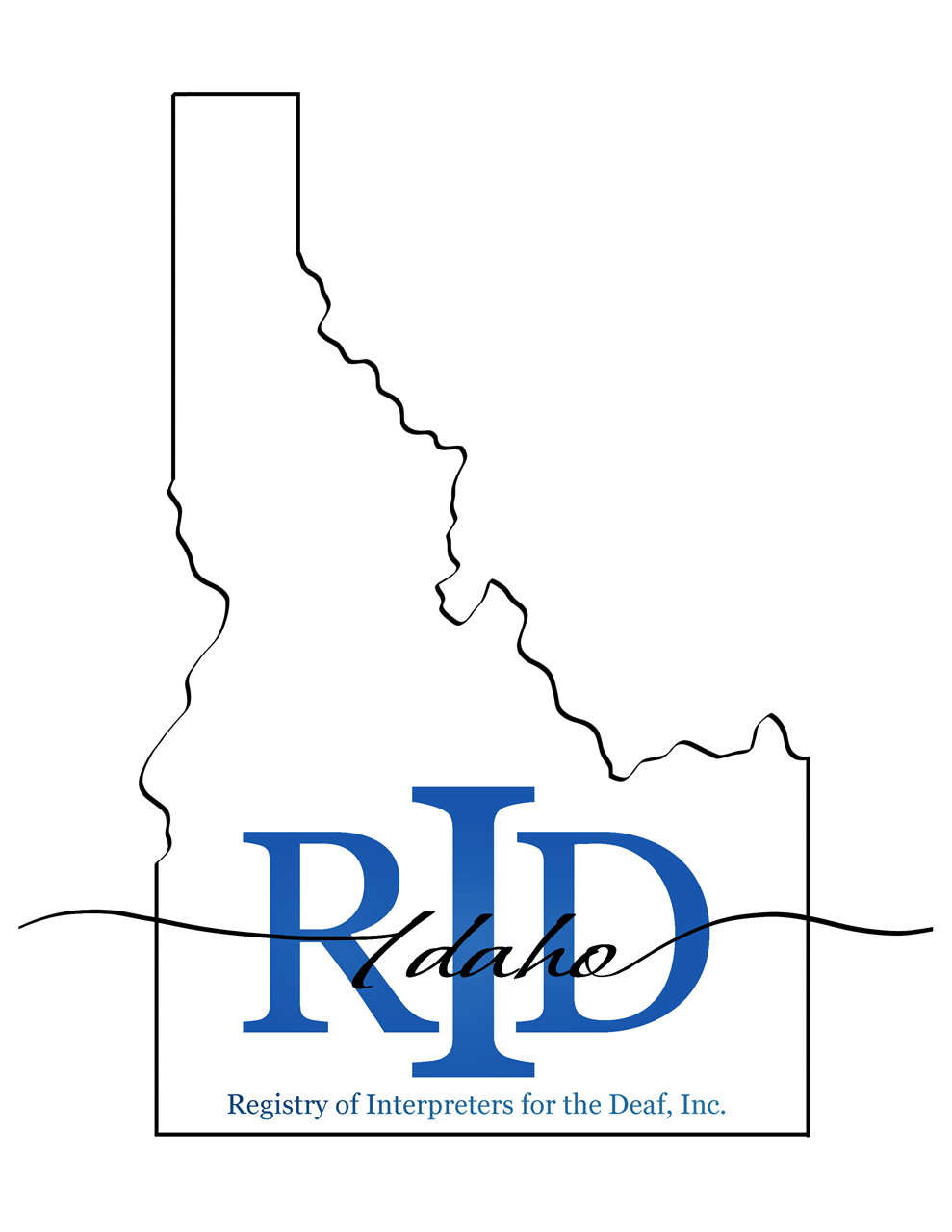
|
Educational Interpreter InformationEducational interpreters must meet requirements mandated by the Idaho Educational Interpreter Act (IC § 33-1301 – IC § 33-1304). If requirements by EIA are met, working in educational setting for school aged students is waived from licensure requirement
Working outside an educational setting for school aged students in public school requires a general license or exemption. If an interpreter does not meet the Idaho Educational Interpreter Act requirements, it is unlicensed practice The Idaho Educational Interpreter Act (IC § 33-1301 – IC § 33-1304) does not require a written test comment. Therefore, interpreters in educational settings working with school aged students are not required to have passed a written knowledge exam. However, as stated above, if interpreting for adults or outside of a public school setting, a license is required. No. The Idaho Educational Interpreter Act clearly defines an educational interpreter as “a person employed in the Idaho public schools, working with school aged students, to provide interpreting services to students who are deaf, hard of hearing or DeafBlind.” No. The statute CLEARLY defines what constitutes someone who is interpreting regardless of the job title they hold. If the employee functions as an interpreter, they need to meet the requirements in the Idaho Educational Interpreter Act. As of July 1, 2020, the Idaho Educational Interpreter Act now includes preschool aged students. Meaning all interpreters that work with students in a public school setting that is school aged now follow the Idaho Educational Interpreter Act (IC § 33-1301 – IC § 33-1304) |



